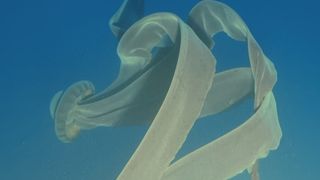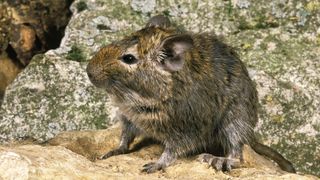Amazing animals — A look at the weird and wonderful species that live on our planet
Latest about amazing animals
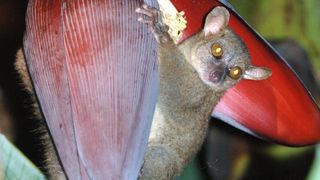
Northern giant mouse lemur: The bug-eyed fluff ball with the biggest testicles of all known primates
By Lydia Smith published
If humans had a similar body ratio to the northern giant mouse lemur, their testicles would be the size of grapefruits.
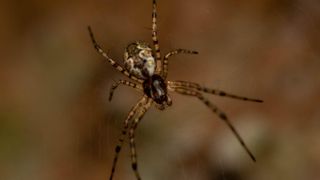
Asian hermit spider: The arachnid that gets stronger after ejecting its own penis
By Lydia Smith published
Female Asian hermit spiders gobble up their partners after mating, so males detach their penises and sometimes offer up an amputated leg to escape.
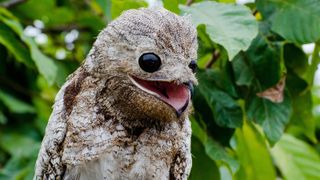
Great potoo: The 'tree stump' bird with a haunting growl and can see with its eyes closed
By Lydia Smith published
Throughout the night, great potoos emit a loud, moaning growl that has earned the bird a mythical status, with some communities believing the sounds to be children calling for lost parents.
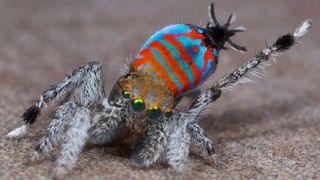
Sparklemuffin peacock spider: The spider with secret iridescent scales that busts a move to win a mate
By Melissa Hobson published
This bedazzled arachnid woos its mate with a sexy thrusting dance.
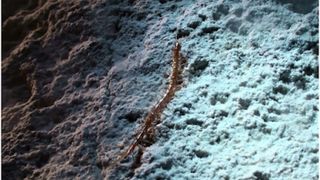
King of the cave centipede: The deadly, blind giant that evolved in the darkness of a Romanian cave
By Lydia Smith published
The venomous centipede crawled into the Movile Cave millions of years ago and adapted to live in the pitch black, surrounded by deadly gases.
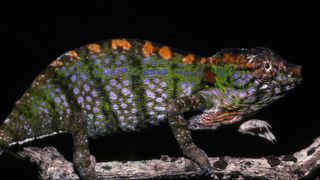
Labord's chameleon: The color-changing lizard that drops dead in 4 months
By Lydia Smith published
Labord's chameleons are only found in Western Madagascar and have developed a live fast die young life cycle to cope with the extreme environmental conditions.
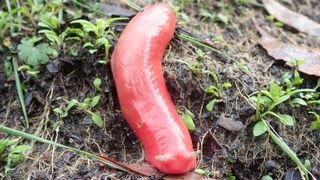
Mount Kaputar pink slug: The giant hot-pink mollusk found only on a single, extinct volcano
By Lydia Smith published
The 8-inch, bright pink slug has been isolated in a "sky island" for millions of years.
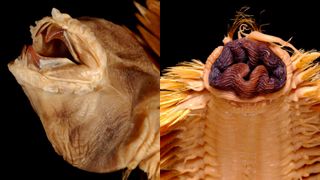
Antarctic scale worm: The glitzy frilly horror show with giant protruding jaws that look like Alien's xenomorph
By Melissa Hobson published
This deep-sea polar worm looks like it can't decide if it's dressed for a glitzy party or a gruesome massacre.
Get the world’s most fascinating discoveries delivered straight to your inbox.
 Live Science Plus
Live Science Plus





